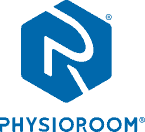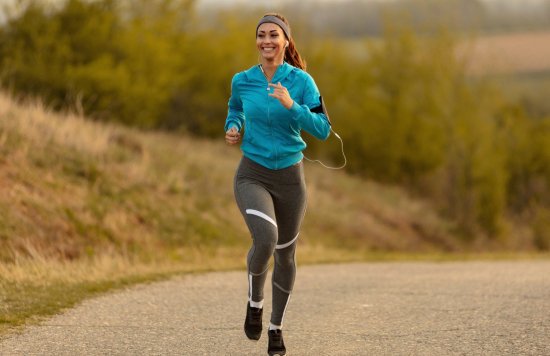Each year, the London Marathon, the Manchester marathon, and other running events get people across the UK inspired to take up running. With the 2024 Olympics kicking off soon too, this trend is likely to continue this year. Knowing where to start or how to get into running can be difficult for some, but fear not, as us here at PhysioRoom are here to help. While it might just be a little too late to qualify for the 2024 Olympics, who knows what you could achieve by starting today!
Having the Right Gear
Training for a marathon requires an approach which focuses on both running and overall fitness, as well as your recovery. An important part of preparing for a marathon is making sure you have the right gear, from your clothes, to your socks, to your accessories. Compression clothing items are a great option when running, as they work to support muscle stability and increase blood circulation. This can help reduce muscle fatigue, allowing you to run further, and for longer – a key benefit when taking part in long distance running events like a marathon.
Another item of clothing that many people overlook when running is their footwear, and we don’t mean your shoes. Running socks that are designed to prevent blisters and manage moisture are a fantastic addition to your marathon wardrobe. Your feet are the most important tools required for running a marathon, so it is important to keep them in good condition. Athletic and compression socks work well to protect your feet during the long training sessions, as well as the real thing, so investing in a good pair of running socks is going to be a massive help.
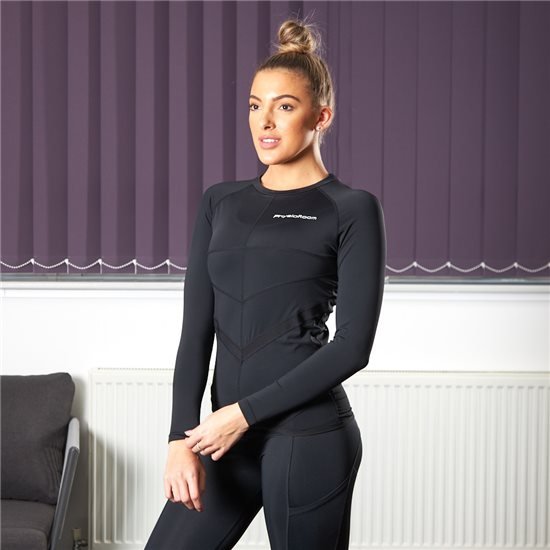
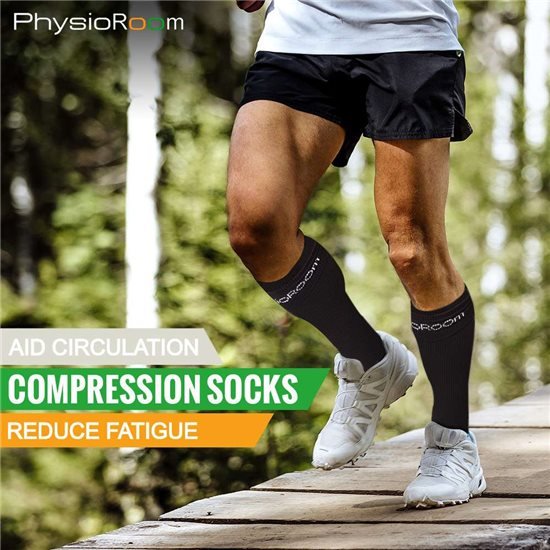
Building Good Cardiovascular Fitness
One of the most important traits a marathon runner should possess is a high level of cardiovascular endurance. If you are just starting out on your running journey, a level of endurance good enough to run a marathon may seem worlds away, however there are many ways to help build this up, through a variety of different workouts.
Different exercises such as long distance runs, tempo runs, and interval training help to enhance your body’s ability to deliver oxygen to your muscles, and the more you do, the better you will become. However, we understand that it is not always possible to dedicate enough time every day to go out for a run, so cardio equipment for home is a great alternative to make sure you continue to get your cardio exercise in. Home gym equipment and machinery, skipping ropes, and hula hoops are all great ways to keep active and build up your cardiovascular fitness.
Muscular strength and endurance is also an important trait for long distance runners. Strengthening your muscles helps to protect you against injuries, as well as allowing you to run further and for longer periods of time. Exercises such as squats, lunges, and planks help to build core stability and lower body strength, and accompanying these exercises with kettlebells or other weights help to push yourself harder, and gain maximum benefits.
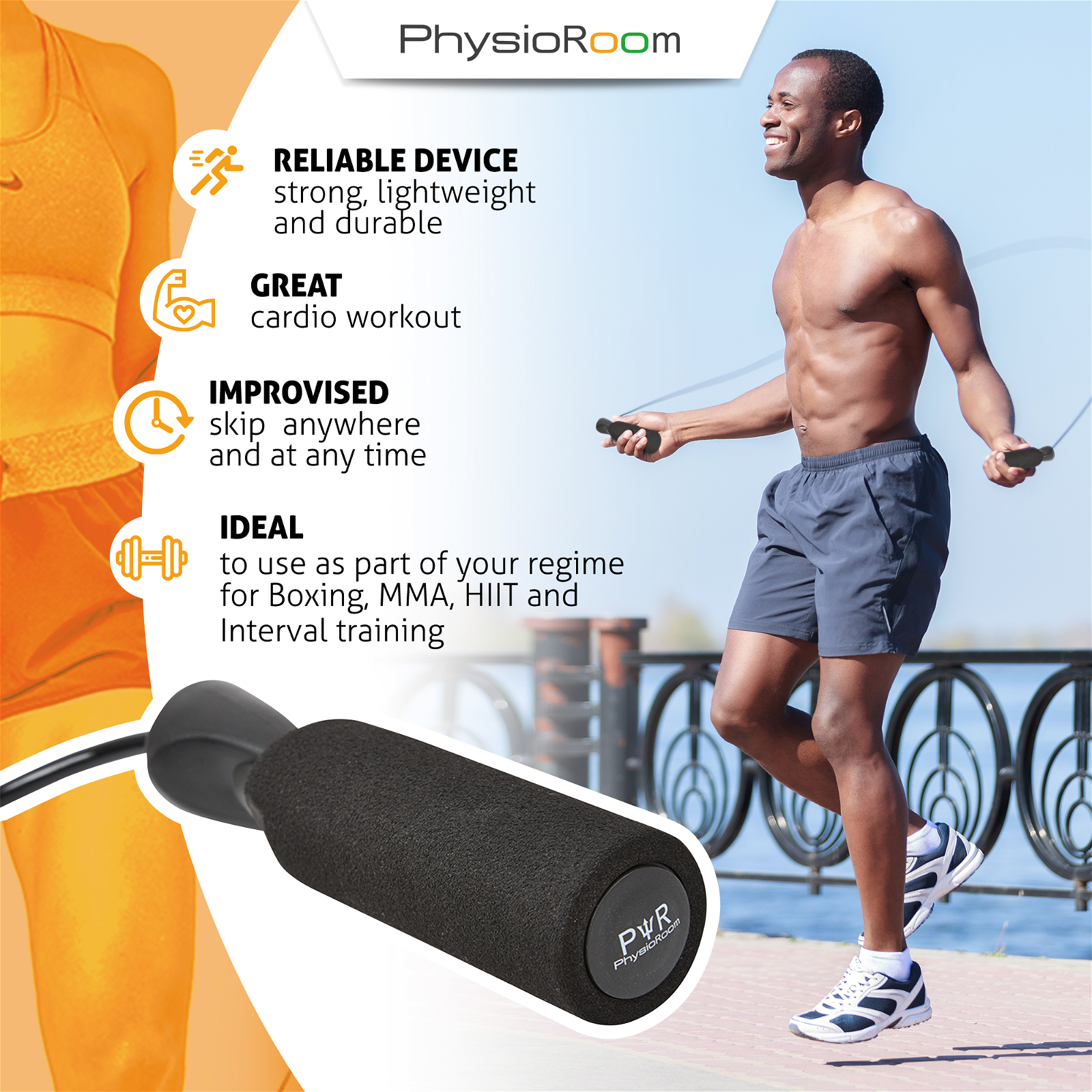
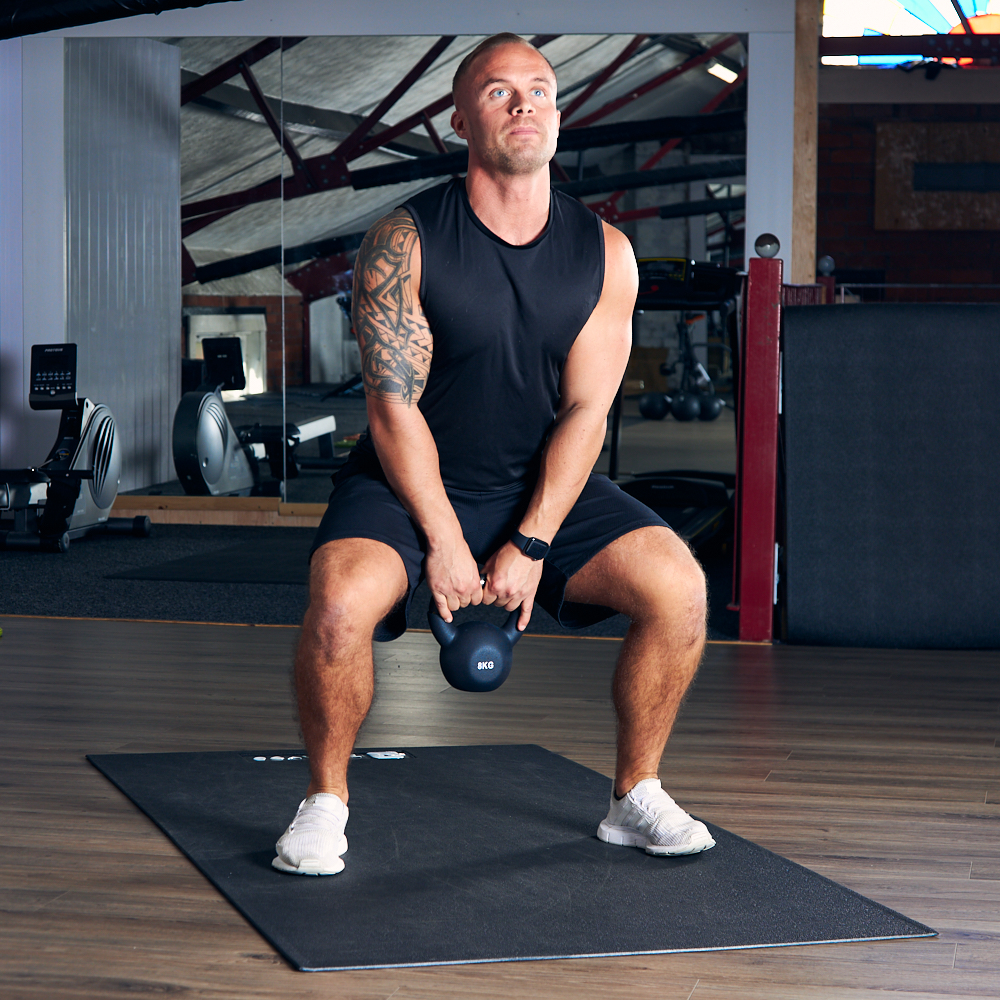
How Important is Rest & Recovery?
While training hard is important, allowing your body to rest and recover is equally as essential to improving your marathon running abilities. Rest days and lighter training weeks allow your body and your muscles to repair and strengthen which helps to prevent overuse injuries. At PhysioRoom, we have a wide range of physiotherapy and rehabilitation products which are perfect for your rest and recovery days. Memory foam pillows and massage equipment are great for promoting muscle relaxation, recovery and rest, while our cryotherapy ice cooler system is a fantastic way to help tired and overworked muscles recover quickly and efficiently!
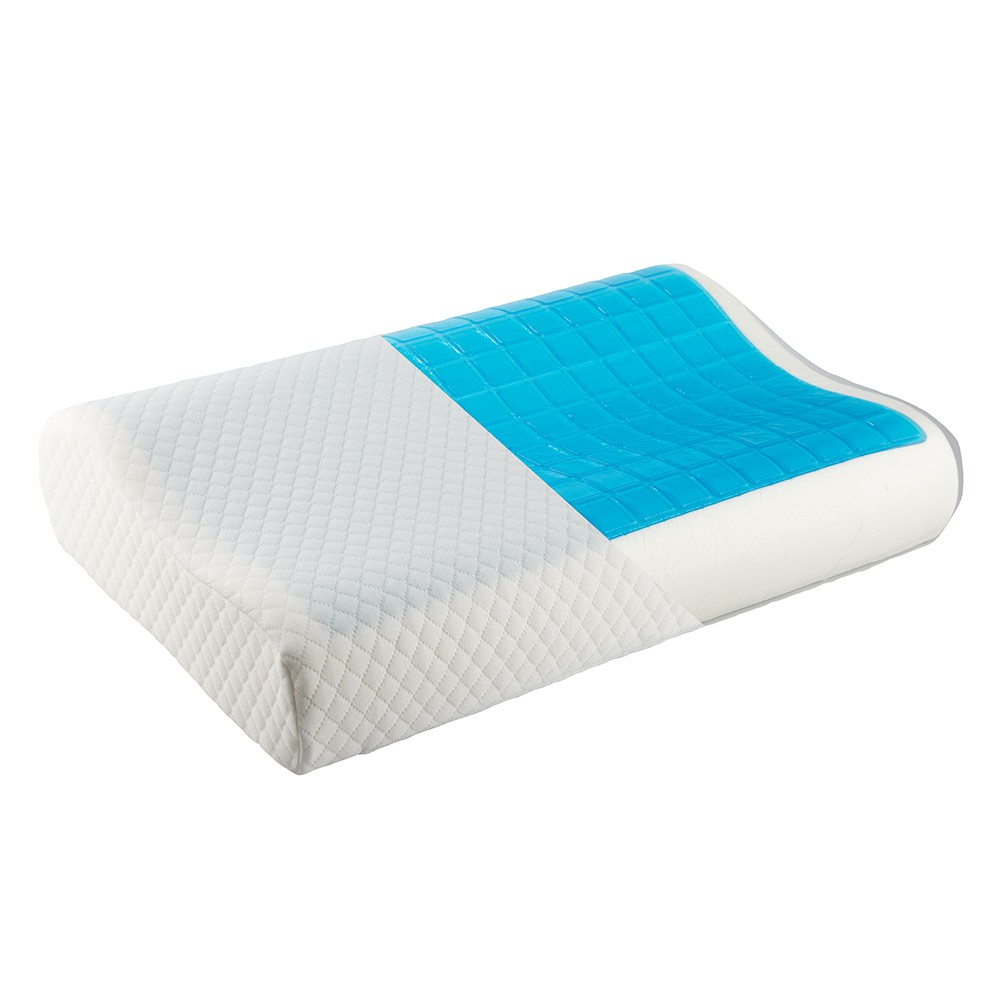

Managing Goals, Targets & Expectations
By combining effective training, suitable running gear and clothing, and regular rest periods, we believe you will be well on your way to becoming a fantastic long distance runner. It is important to remember that targets and goals are not achieved overnight, so don’t be disheartened if it takes you a while to see any improvements, stick at it and we are sure that the results will follow.
For all your fitness, physio, and recovery needs, visit PhysioRoom!
